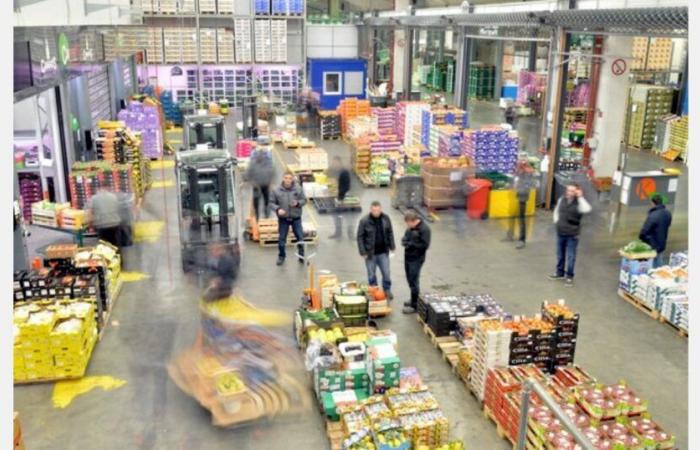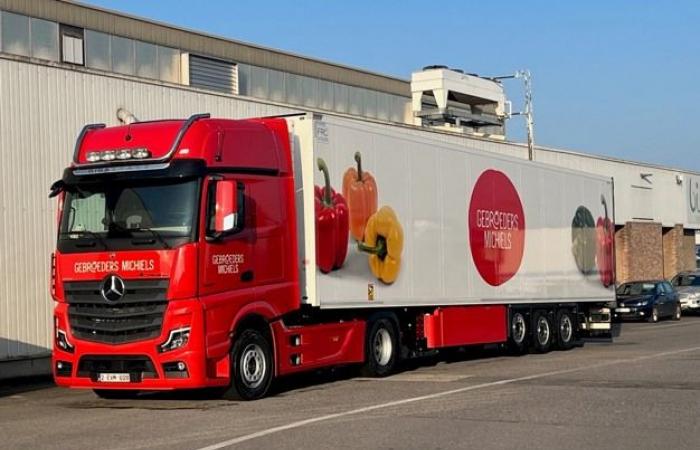“Six good months and six lean months” is how Barry Michiels, from the wholesaler Gebroeders Michiels, describes the distribution of the year. Normally, the Flemish exporter’s trade slows down a little during the winter period, even if this winter it remained relatively dynamic. “There, as January 6 is a public holiday in the south of Germany, where we mainly export, activity is very reduced. But overall, winter vegetables have found a market in Germany so far this year. »
One of the flagship products is lettuce, explains Michiels. “That’s because it wasn’t too expensive for the time of year, which allowed us to continue working. Normally, trade goes to Italy or France, but as the prices were not too high, we were automatically able to continue working. The situation has changed significantly compared to ten years ago, when demand and flows were greater but less attractive in terms of value. »
“So we have managed to overcome this situation, but it is no longer the volumes of a few years ago. It’s the trend. Young people are more likely to choose a Lollo Bionda or Rosso. This type of new varieties is becoming more and more popular, just like Flower Sprouts, for example. The demand is there, but this winter there was a gap for four weeks because the plants were not growing well and remained too small. With products in such a small supply, shortages are immediate. »
Endive remarkably cheap at Christmas
The trader nevertheless notes a strong demand for so-called traditional winter vegetables. “Leeks are still selling as well. They are only slightly more expensive this week, because migrant workers returned to their home countries for a fortnight for the holidays. This creates a certain vacuum and price increases, but from next week, the levels will stabilize again. »
“We are also very satisfied with our results with endives. In fact, it’s mostly because they were unusually cheap at Christmas, whereas they are usually always expensive and return to normal price levels after the New Year. But this year the situation was different and prices are just starting to normalize. » Michiels explains it this way: “I think it’s because the big brands had blocked quantities at a fixed price and didn’t need anything else. Supply then remains too high compared to demand and the price collapses. The following week, buyers think they can play by not fixing anything, which pushes prices up. Now that the New Year has passed, prices will stabilize. »
According to Michiels, the winter is positive, with greenhouse vegetables still leaving for Germany in small quantities. “We have delivered limited volumes of cucumbers and tomatoes from illuminated crops. Some customers who also order in summer want to maintain their supplies from the same source all year round. And that’s a good thing, especially compared to the situation two years ago, when there was no supply at all due to the energy crisis. We see 10 to 15 more pallets per day than at the time. This weekend is quiet, after which we will continue with winter vegetables for a few more weeks. And I expect a larger supply of cucumbers by mid-February in any case. These volumes will then increase steadily over the following weeks, after which we will once again begin our more prosperous period! »
For more information:
Barry Michiels Michiels Brothers
Michiels Brothers
Such. : +32 475262482
[email protected]
www.gebroedersmichiels.be








